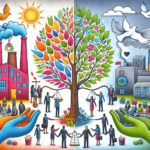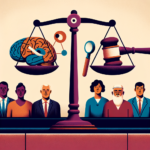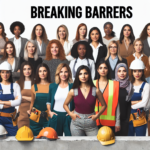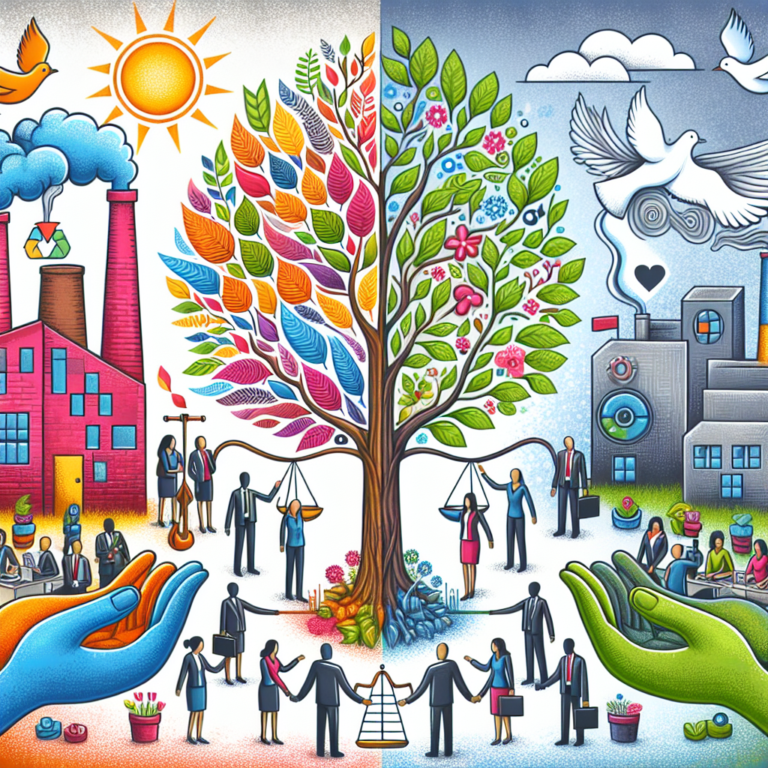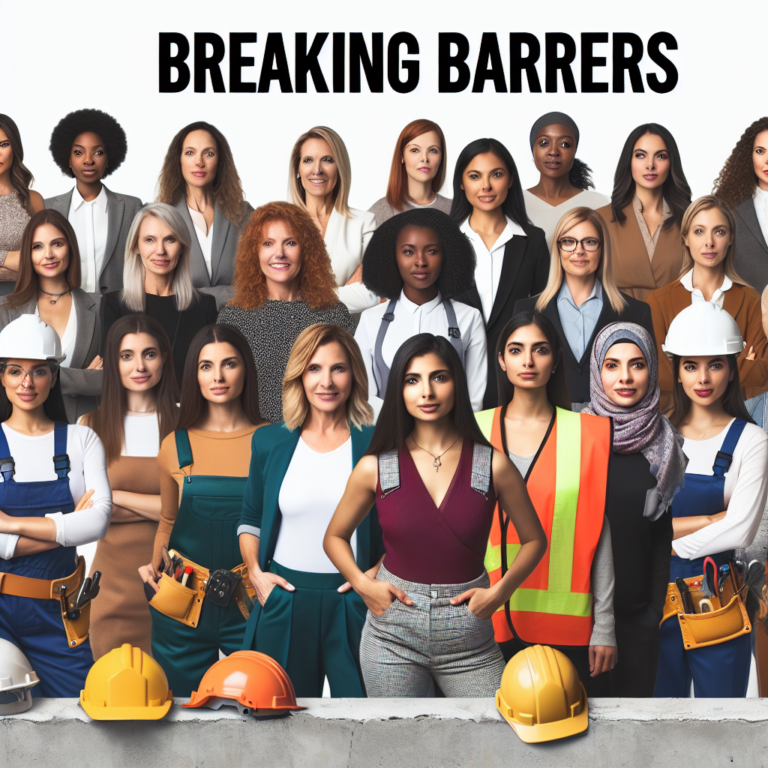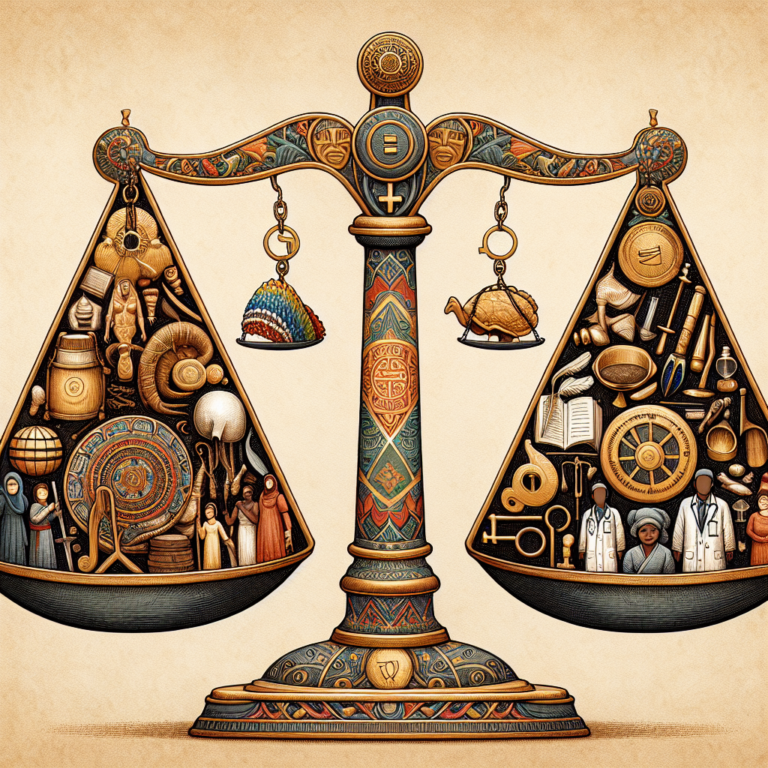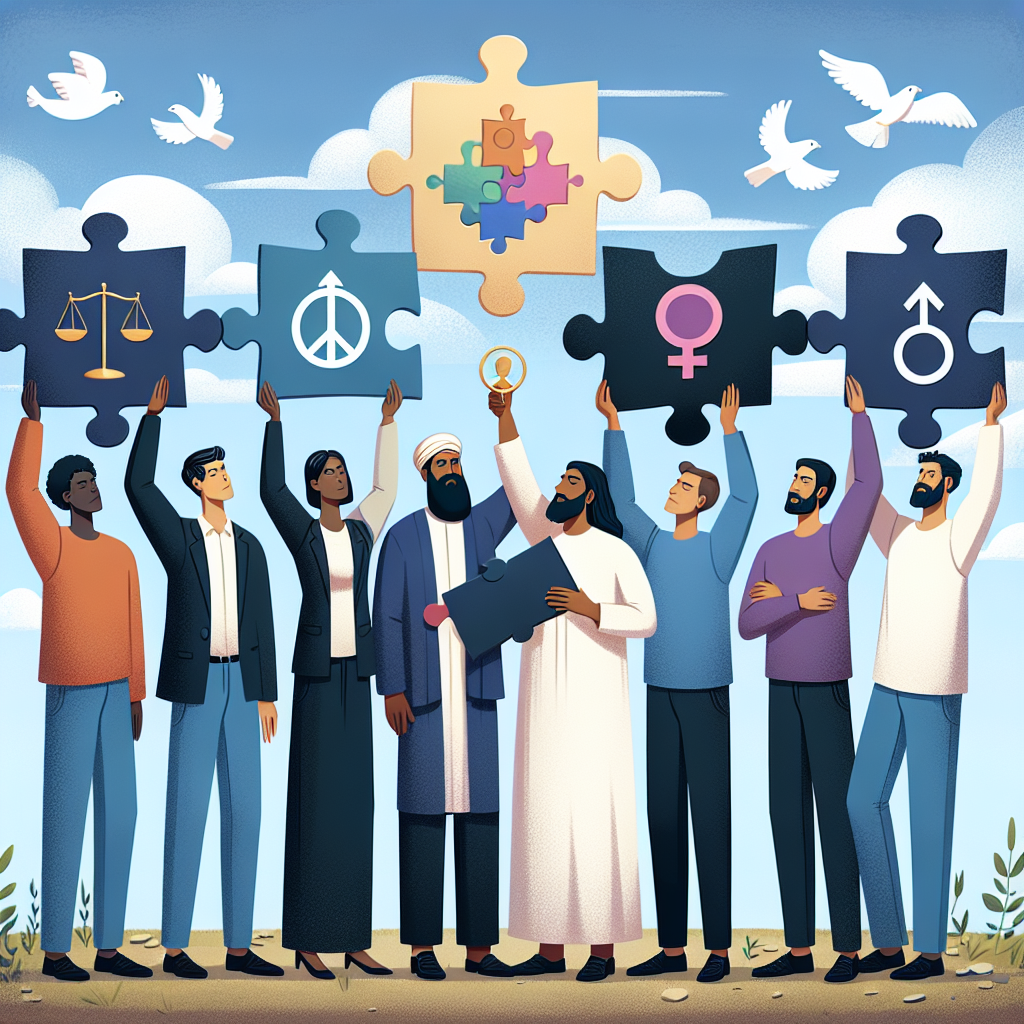
Introduction
In a world where discussions about gender equality have gained unprecedented momentum, one crucial aspect often gets overshadowed: the role of men in this transformative journey. As society progresses toward a more just world, men are not merely spectators; they are essential allies for change. The Role of Men in Gender Equality: Allies for Change is not just a catchy phrase—it’s a necessary call to action that encourages men to step up and dismantle the barriers that hinder gender equity.
This article delves into the critical importance of men’s involvement in gender equality, offering unique insights, case studies, and actionable strategies that will resonate with readers from all walks of life.
Understanding the Landscape of Gender Inequality
To appreciate the role men can play in achieving gender equality, it’s essential first to understand the landscape of gender inequality. According to the World Economic Forum, it will take an estimated 135.6 years to close the global gender gap. This alarming statistic underscores the urgent need for all genders to collaborate effectively in this journey.
Key Statistics on Gender Inequality
| Area of Gender Inequality | Current Statistics | Projected Time to Close Gap |
|---|---|---|
| Economic Participation | Women earn 63% of what men earn globally | 267.6 years |
| Political Representation | Women hold only 25% of parliamentary seats | 117 years |
| Education | 132 million girls are out of school globally | 12 years |
| Health | Maternal deaths are disproportionately high in low-income countries | 80 years |
Source: World Economic Forum Gender Gap Report
As these statistics reveal, the journey toward gender equality is rife with obstacles. Understanding the pivotal role men play in combating these challenges is imperative.
The Role of Men as Allies
Breaking Down Stereotypes
One of the primary challenges in achieving gender equality is the myriad stereotypes that continue to pervade society. Toxic masculinity, for instance, often perpetuates harmful norms regarding how men should behave, effectively sidelining constructive male contributions to the cause. Men can fight against these stereotypes by embracing a model of masculinity that celebrates vulnerability, empathy, and collaboration.
Case Study: The White Ribbon Campaign
Founded in Canada in 1991, the White Ribbon Campaign encourages men to stand up against violence towards women. By engaging men as allies, the campaign has sparked critical conversations and mobilized countless individuals to take action.
Analysis: This campaign illustrates the powerful impact of men in advocating for gender equality, demonstrating that their voices can indeed create a ripple effect of change.
Engaging in Conversations
Open dialogue is crucial. Men should actively engage in conversations about gender issues, whether it’s in the workplace, social settings, or academic environments. By becoming vocal advocates for gender equality, men can help to challenge the narratives that sustain discrimination.
Case Study: Male Allies in the Workplace
Tech companies like Salesforce have implemented programs where male leaders actively mentor women and promote gender equality. Their "1:1 Coaching" initiative demonstrates that men can play a vital role in nurturing female talent.
Analysis: This approach not only benefits women but enriches the organizational culture, making it more inclusive and prosperous.
Strategies for Men to Become Effective Allies
Educate Yourself
One of the first steps men can take to become allies is to educate themselves on gender issues. Understanding the systemic barriers women face can help men become more empathetic and informed advocates.
Support Policy Changes
Men should advocate for policies that support gender equality, such as parental leave, equal pay, and anti-discrimination laws. By using their voices in policy discussions, men can contribute to the structural changes necessary for lasting impact.
Lead by Example
Action speaks louder than words. By treating all individuals—regardless of gender—with respect and equality, men can set a powerful example for others to follow.
Create Safe Spaces
Men can help foster environments where both men and women feel safe discussing gender-related issues. This includes actively listening and creating platforms for sharing experiences and solutions.
Overcoming Resistance
Addressing Common Concerns
Despite the undeniable importance of men’s involvement in gender equality, many men harbor concerns regarding how to engage without being perceived as self-serving. Here are some common concerns along with insights on how to overcome them.
Fear of Being Misunderstood
- Take time to actively listen to women’s experiences and frame your contributions around those insights.
Concerns About Effectiveness
- Collaborate with established women’s organizations that already have frameworks in place for engaging men.
Worry About Losing Status
- Realize that sharing power and privilege creates a more just society. This inclusivity will ultimately benefit everyone, including men.
Intimidation by Feminism
- Understand that feminism advocates for equal rights and is not an anti-male movement. Engaging with feminist literature can clarify misconceptions.
- Apathy or Indifference
- Recognize that indifference enables the status quo. Take the initiative to inform yourself through books, podcasts, or documentaries that address gender issues.
Real-World Impact: A Global Perspective
Case Study: The HeForShe Initiative
Launched by the United Nations, the HeForShe initiative calls on men and boys to advocate for gender equality. The movement aims to galvanize men as advocates, urging them to take responsibility for challenging gender-based discrimination.
Analysis: The global reach of HeForShe demonstrates that collective action can bring about significant change. This initiative serves as a beacon of hope and a roadmap for other movements striving for gender equity.
Getting Involved: An Action Plan for Men
Taking Initiative in Everyday Life
To become effective allies for change, men can take the following steps:
Educate Yourself
- Invest time in reading up on gender issues, attending workshops, or participating in discussions.
Speak Up
- When you witness gender inequality, speak out. Whether in the workplace or social setting, your voice can inspire others.
Mentor Other Men
- Guide other men in understanding the importance of gender equality and help them become allies.
Support Women-Led Initiatives
- Engage with and support organizations and initiatives championed by women.
- Be Vulnerable
- Share your own experiences and challenges regarding gender issues, fostering open dialogue and mutual understanding.
Conclusion
The Role of Men in Gender Equality: Allies for Change is a vital conversation that calls on men everywhere to take actionable steps toward equality. As this article illustrates, the journey is not only about raising awareness; it’s about transforming attitudes, challenging stereotypes, and creating a culture of inclusion.
Men who embrace their roles as allies enrich not only women’s lives but their own. By standing together in solidarity, we can create a future that values equality, respect, and dignity for all. Let us heed this call and become active participants in this essential movement.
FAQs
1. Why is it important for men to be involved in gender equality movements?
Men’s involvement is crucial for dismantling systemic barriers. Their participation helps to challenge patriarchal norms and fosters a culture of equality.
2. What are some simple steps men can take to contribute to gender equality?
Men can start by educating themselves, speaking up against injustice, supporting women’s initiatives, and mentoring other men to be allies.
3. How can men overcome fears of being labeled as self-serving when advocating for gender equality?
By actively listening to women’s experiences and framing their advocacy in a supportive manner, men can express genuine intentions without self-interest.
4. What impact do male allies have on women’s empowerment?
Male allies can amplify women’s voices, share platforms, and challenge discriminatory practices, leading to a more equitable environment.
5. Are there risks for men in advocating for gender equality?
While there can be social risks, such as being ostracized or misunderstood, the benefits far outweigh these concerns. Advocacy fosters personal growth and a more just society.
